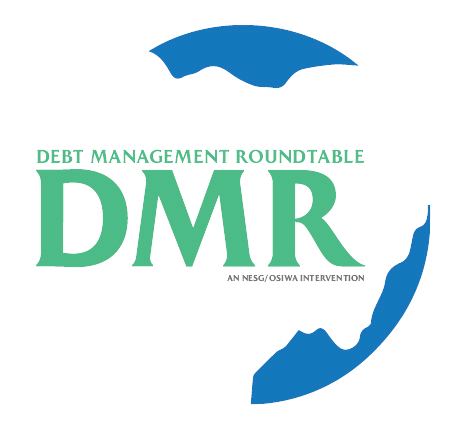West African Debt Management Roundtable (DMR) on
The Roundtable is expected to provide insights, evidence and recommendations on debt management and sustainability
Evidence-based intervention to keep debt sustainable in West Africa
“Nigeria’s rising debt profile is a source of concern for every meaningful public watcher of the economy in West Africa. We need to take decisive action to reverse the trend.”
Chairman of the NESG-OSIWA Debt Management Roundtable
The Debt Management Roundtable (DMR) on debt restructuring and social financing was instituted in March 2021 by the Nigerian Economic Summit Group (NESG) with the support of the Open Society Initiative form West Africa (OSIWA). The Roundtable is expected to provide insights, evidence and recommendations on debt management and sustainability, with a view to engaging policymakers on debt restructuring and social financing in the West African region, using Nigeria as a case study. Public debts in ECOWAS have spiralled upwards more than four folds since the debt relief period (2005-2006).
Where we are right now
Public Debt Portfolio
for West African
Countries
(in Billion USD)
As at 2020, eleven ECOWAS countries – Benin, Burkina Faso, Cabo Verde, the Gambia, Ghana, Guinea-Bissau, Liberia, Niger, Nigeria, Senegal and Togo are in debt distress.
The total public debt for anglophone West African countries is US$210.24bn
The total public debt for francophone West African countries is US$77.68bn
Key statistics
- Public debts in ECOWAS have increased more than five folds in less than two decades. During the period of debt relief, total public debt in ECOWAS stood at US$58.50 billion which expanded following the Global Financial Crisis (GFC) by 22.2% to US$71.50 billion in 2010. After the GFC, ECOWAS public debt stock more than doubled (130.6%) to US$164.90 billion. Owing to the crash in commodity prices in 2013-2014, public debt in the region expanded further by 55.3% to US$256.04 billion in 2019. Following the spread of the COVID-19 pandemic globally in 2020, the public debt stock of ECOWAS increased by 15.9% to US$296.76 billion in 2020, representing a spike of 80% from 2015.
- Nigeria, Ghana, Côte d'Ivoire and Senegal have been the biggest borrowers in the region. Their debt portfolio as at 2019 stood at US$130.70 billion, US$42.81 billion, US$24.13 billion and US$13.10 billion with an estimate of US$150.53 billion, US$53.37 billion, US$28.07 billion and US$16.09 billion in 2020 respectively.
- Total external public debt in ECOWAS as at 2019 stood US$98.92 billion. This represents an increase of 211.1% from 2006 after the debt relief for many ECOWAS countries and has expanded by an average of 10.4% since 2010. Nigeria accounted for a share of 27.6% of external public debt in ECOWAS at US$27.53 billion.
- Domestic public debt in the region stood at US$157.12 billion increasing by an annual average of 17.2% since 2010. Domestic debt has in recent years grown in Nigeria as it accounted for 65.7% of total domestic debt in the ECOWAS region in 2019. In the same year, Nigeria domestic public debt stock stood at US$103.17 billion. Among the other counties with substantial domestic public debt in the region are Ghana and Côte d’Ivoire with a domestic debt stock while US$23.32 billion and US$9.03 billion with shares of 14.2% and 5.7% respectively.
Resources
DEBT MANAGEMENT REPORT ANALYSIS OF PUBLIC DEBT POSITION IN ECOWAS KEY DRIVERS OF PUBLIC DEBT ACCUMULATION IN ECOWAS RISING PUBLIC DEBT IN ECOWAS ECONOMIC IMPLICATIONS HOW SOLVENT ARE ECOWAS COUNTRIES SPILLOVER EFFECTS OF THE PUBLIC DEBT CRISIS AMONG ECOWAS COUNTRIES POLICY PRIORITIES FOR DEBT MANAGEMENT IN ECOWASMeet the Team
The team comprises fiscal policy and economic development experts drawn from the public and private sectors, as well as academia
They are respected locally and internationally for their research contributions and advisory in fields ranging from tax/fiscal policy to research, financial and development economics.
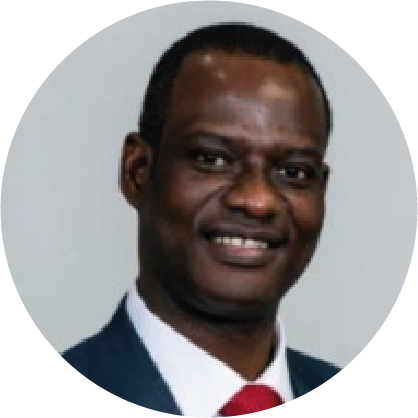
Mr Taiwo Oyedele
Chairman, DMR
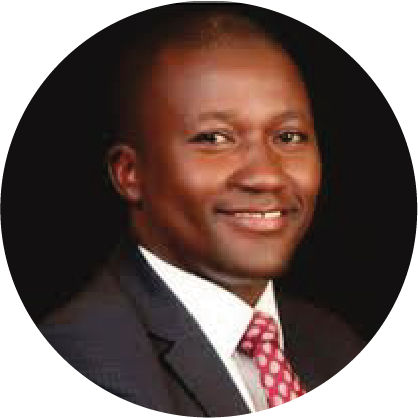
Dr. Afolabi Olowookere
Commissioner, DMR
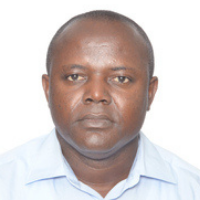
Dr. Kenneth Ofori-Boateng
Commissioner, DMR
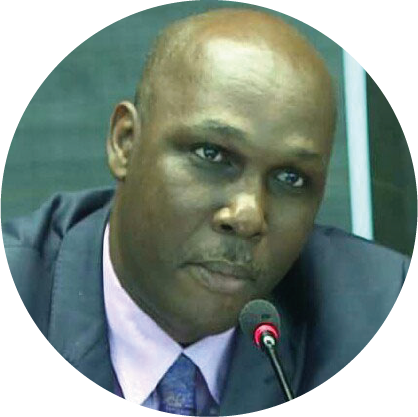
Dr. Musa Dukuly
Commissioner, DMR

Dr. Babajide Fowowe
Commissioner, DMR

Dr. Segun Omisakin
Director of Research, DMR

Mr Wilson Erumebor
Lead Researcher, DMR

Mrs Dolapo Enejoh
Administrator, DMR

Mr Yinka Iyinolakan
Communications Specialist, DMR

Mr Sodiq Olofin
Researcher, DMR
Press
In the News
FAQ
For enquiries, email us at research@nesgroup.org
Sustainable public debt is a government’s ability to meet its payment obligations without requiring exceptional financial assistance or defaulting on payment.
Corruption, political instability, resource dependency, environmental challenges, reliance on commercial loans, shallow tax base.
All ECOWAS countries besides Mali, Guinea and Liberia have exceeded the IMF’s 23% threshold for debt service to revenue
Benin, Niger, Senegal, Sierra Leone, Togo
Weak government spending, austerity measures, inflation, political crisis, civil unrest, low Foreign Direct Investment (FDI), prolonged recession
